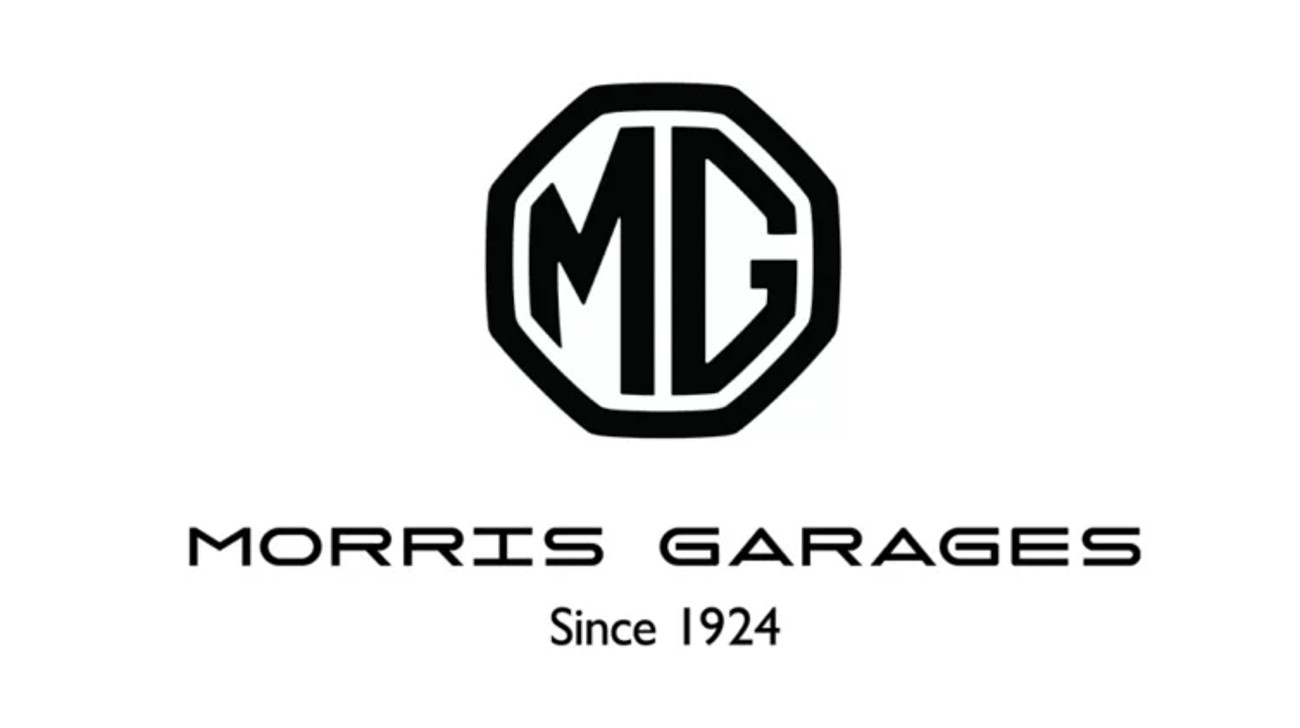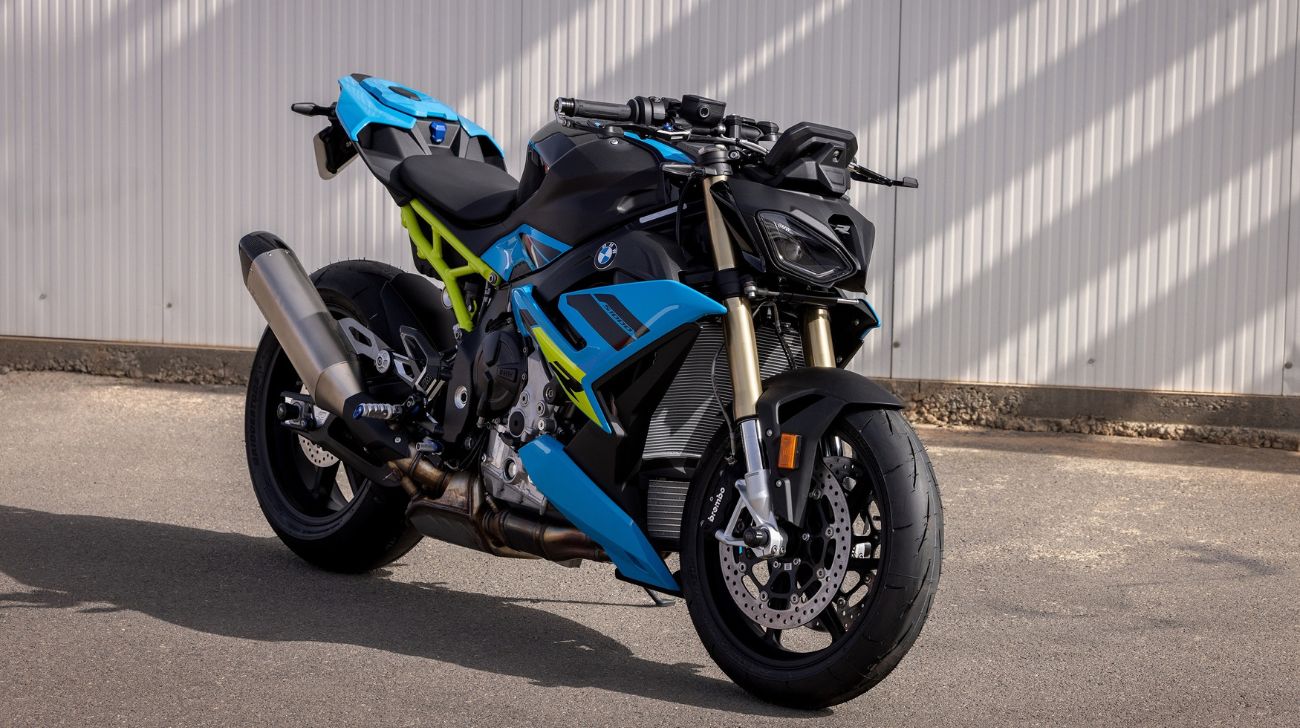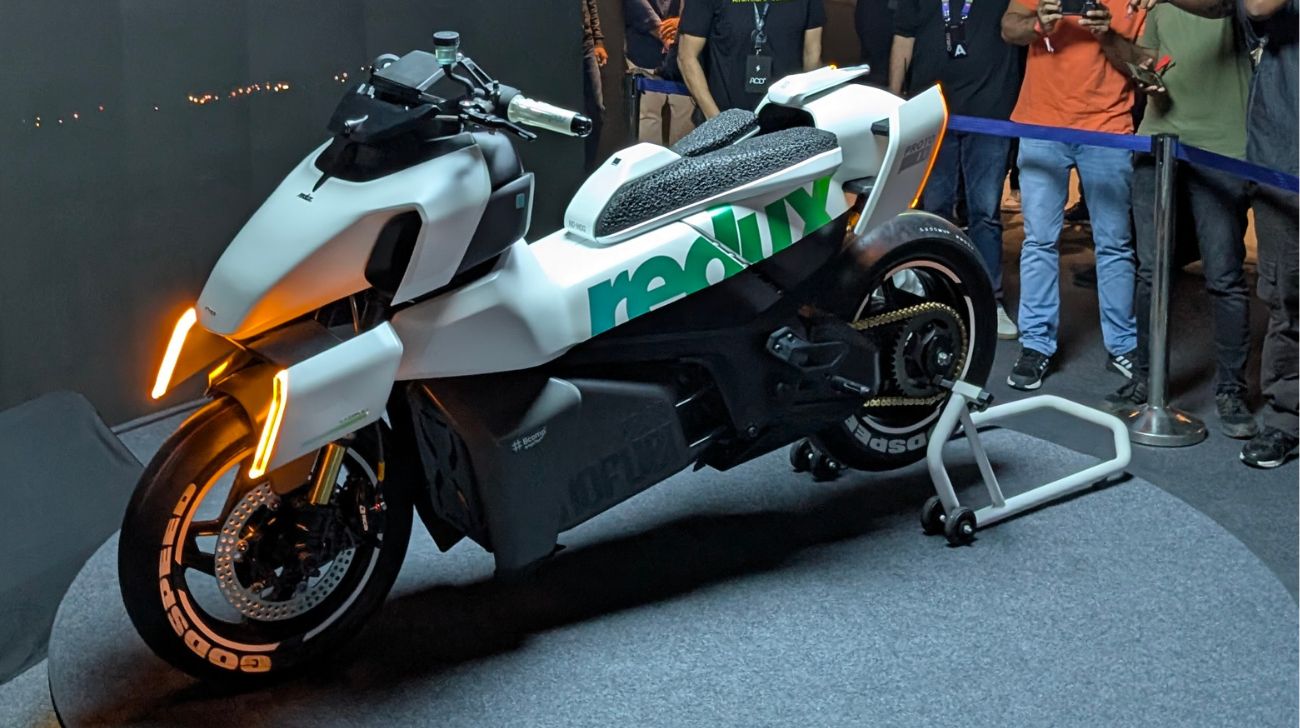MG plans to add solid-state batteries to its EVs as early as the second half of 2025, as announced by MG’s parent company, SAIC. With this update, MG finds itself ahead of the competition when it comes to the use of solid-state batteries in electric vehicles.
Problems of Li-Ion Batteries
Lithium-ion (Li-ion) batteries are the most commonly used battery type in EVs but have some issues. One significant issue is thermal instability, which means overheating can lead to thermal runaway. This can even eventually lead to potential fires or explosions. The other concern is the Degradation of batteries over time. With increasing cycles, the capacity of Li-ion batteries decreases, which leads to a reduction in range. Recycling these batteries is also complicated and energy-consuming. Also, if they are subject to extreme temperatures, it can lead to decreased performance.
What are Solid-State Batteries
Solid-state batteries get their name from their electrolyte that is in the solid state instead of liquid in other battery types. This electrolyte can be made from multiple materials. These include ceramics, sulphides, or polymers. Other than that, they have electrodes, such as lithium metal or other high-energy materials. The solid electrolyte helps in the smooth movement of ions between them during charging and discharging. These are touted as the next big revolution in electric vehicle technology. International Brands like Porsche, Mercedes-Benz, BMW, Toyota, Nissan, Hyundai, Kia, and LG and Chinese brands like BYD, QingTao, Wellon and Nio are working on solid-state batteries.
Advantages of Solid State Batteries
The solid-state leads to a reduction of the volume by 40% and the mass by 25%, which leads to an increased energy density. These claim to have a longer usable life of as many as 45,000 cycles together, which is way more than Li-ion Batteries. They also solve the temperature issue as they can be used in a wide range of temperatures, from a minimum of -25°C to a maximum of 60°C. One more massive advantage is that they are not flammable, corrosive, or volatile, which means that they are way safer than their Li-ion counterparts.
SAIC’ First Solid-State Battery EV
SAIC’s IM motors showed their first solid-state battery electric car, the L6, this year. This was a joint effort between SAIC and battery maker Jiangsu Qingtao. The density of this battery is claimed to be 368 watts per kilogram, and its capacity was 133 kWh. The L6 has a massive claimed range of more than 1000 kms.
To keep up with all automotive world updates, click here.





